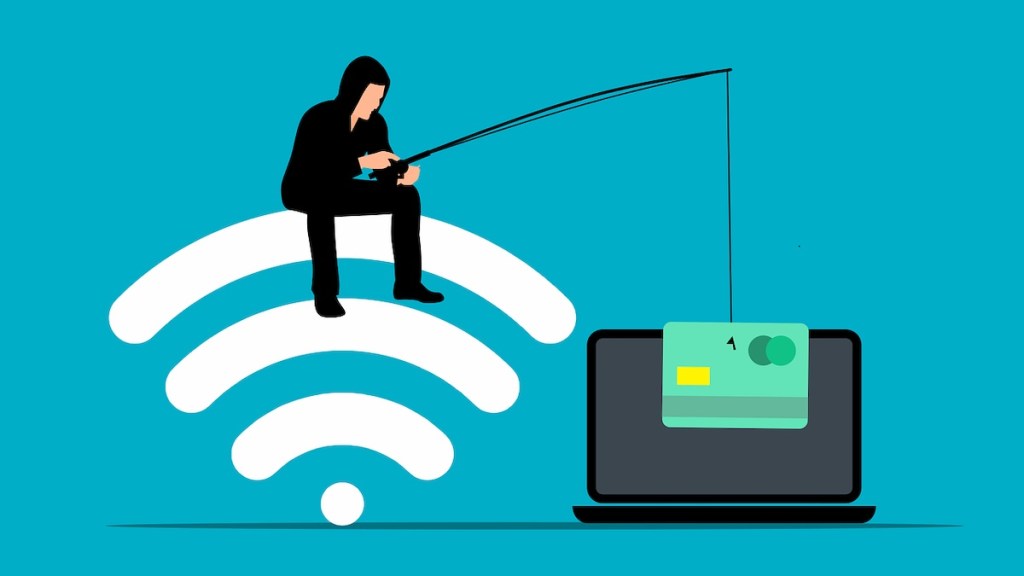If you are one of the many who make online payments for easier and quicker transactions, then, beware! You are a hundred percent privy to online payment fraud. Payment fraud is a type of illegal transaction that is not completed by the legit owner of the account but by a cybercriminal/scammer. And we are all well aware that fraudsters are becoming increasingly tech-savvy in obtaining personal/critical information online which could lead to payment fraud. To save yourself from getting duped, here are a few points that will help you defraud the fraudster.
Safety tips to prevent payment fraud:
1. Receiving money via the UPI app does not require scanning a QR code or entering your UPI pin. Scammers frequently send fake links with the option to request money. Once you click on this link, it asks the user to enter their UPI pin or to scan a code. This exposes their financial information to hackers. So, the first rule is to always avoid clicking on such links. You might receive these random fake links in emails or in your inbox or even on your Gpay but the trick is to be absolutely cautious before clicking on the link.
2. If by chance you end by clicking on the link, chances are that you might see an option of entering your UPI PIN to receive money. Do not fall into the trap as if you do enter your UPI pin, money will automatically be debited from the account.
3. Always remember, receiving a payment never involves scanning of QR code. If while doing so, you do get a request to scan some QR code, immediately refrain from doing so. This is absolutely lethal to your online security and finances.
4. Never ever share these details with anyone, especially if the person on the other end claims to be from your bank – UPI wallets PIN, card details like PIN number, One-Time Passwords (OTPs), CVV, expiry date, grid value, and types of card (Visa, Master, Rupay, etc.). This is crucial personal information and if leaked, it can drive your account empty within seconds.
5. Avoid sharing any kind of confidential or sensitive information with anyone, even if the person claims to be a bank employee or RBI/Income tax official or shows a matter of urgency. Scammers usually create an atmosphere of urgency to create pressure on you. As you panic, they take advantage and compel you to give your personal bank details which leads to bank frauds. Be calm and counter question for your own safety.
6. Many websites require your personal or private information such as credit card, bank account number, or credentials to log in. Such websites are prone to ‘phishing’. Fraudsters usually create fake websites or duplicate websites and gain access to such information. It is always important to check the URL of the website and carefully scan the content.
7. Ever heard about vishing fraud? A vishing scam, also known as voice phishing, involves a scammer calling the victim and pretending to be someone else. They might say that there is a problem with the user’s credit or debit card or bank account. They may also send a false alert on SMS while talking or prior, asking the user to call a number to resolve an issue. These are all various methods to dupe your money. In case you receive such calls, always double-check with the bank itself.









